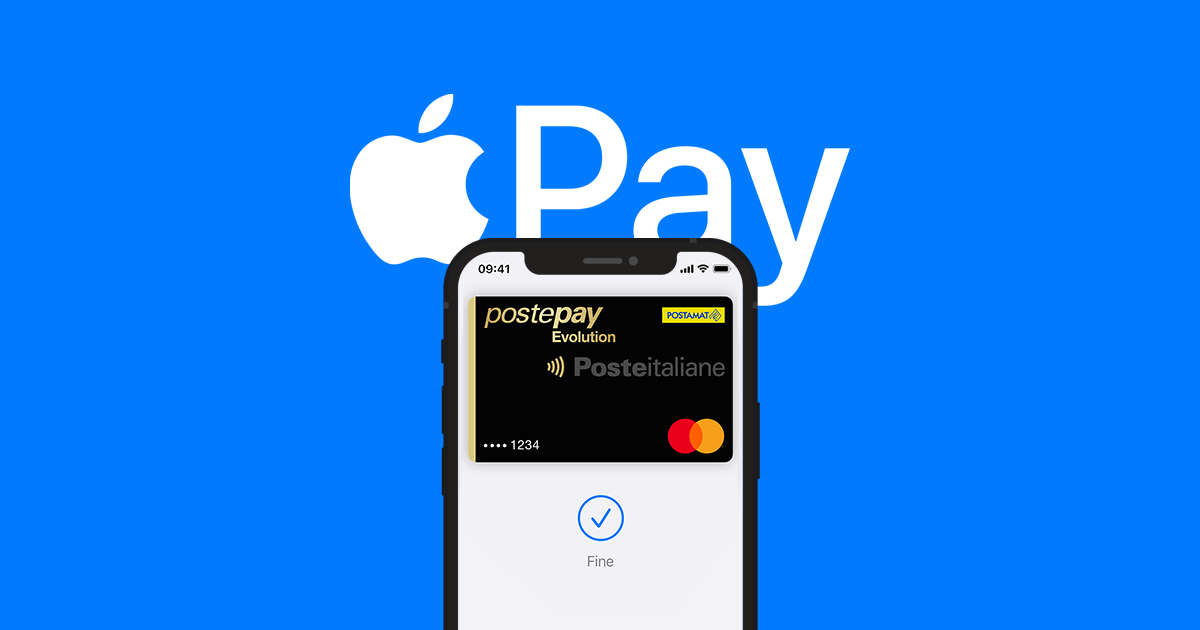Well, the iPhone is undergoing a major revolution, and “suffering” is the right verb, considering that not all of the changes are Apple's responsibility. With the impending entry into force of the Digital Markets Act, the new European legislation against anti-competitive practices in digital markets, Apple must adapt. This includes the introduction of NFC: you no longer have to use Apple Pay to pay with your iPhone.
End of the Apple Pay monopoly
As Apple announced on its website, version 17.4 of iOS will offer new APIs for developers. This enables contactless payments support for third-party applications and no longer just Apple Pay. Obviously, banking or wallet applications can offer an alternative service to Apple Pay. These applications can actually use Host Card Emulation (HCE). However, this change only affects users residing in the European Economic Area (EEA) and compatible iPhones running at least iOS 17.4. This means you'll still need to use Apple Pay outside of this area and on older models.
Choice and competition
But this goes further: users can choose a different contactless payment application by default in the iOS settings. This is activated when you bring your iPhone close to a compatible payment terminal. The same applies if you double-click the power button or the home button (Touch ID). However, applicants wishing to qualify must meet certain criteria:
- You must be authorized to offer payment services in the EEA or work with companies that do the following:
- Supports NFC in-store payments;
- Make this functionality available only to users based in the EEA.
- Meet HCE technology requirements.
Impact on Apple Pay and the App Store
Although there are numerous changes to iOS, they are mainly important on a symbolic level. We can assume that Apple Pay or the App Store will continue to be used massively in the future because they are already established. Additionally, Apple attempts to financially exploit the DMA requirements by charging app developers for all installs from an app store other than the App Store. A priori, this will not stop Fortnite from returning to the iPhone this year. In addition, cloud gaming services will finally be allowed and internet browser developers will have significantly more freedom.
Dates follow
All such changes must take effect by March 6, 2024. They are the result of the entry into force of the Digital Markets Act. This is the famous European regulation that aims to regulate the “gatekeepers”, that is, the large digital players that have a significant number of users within the European Union. With iOS, Apple is of course worried about these new rules and of course Apple is trying to get around them as best as possible.




